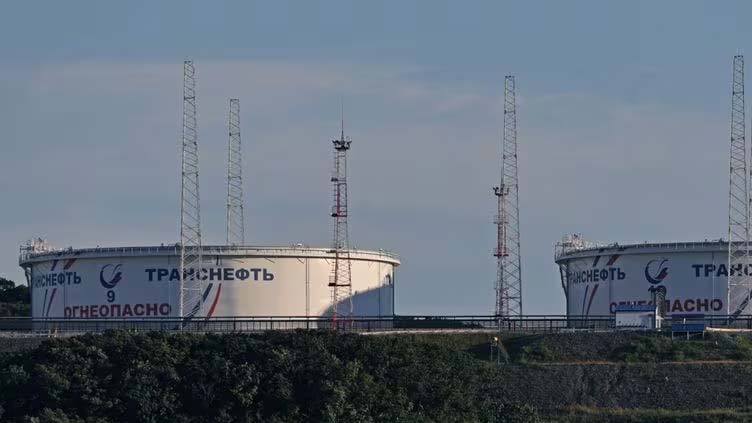Oil steady as rate cut caution overshadows Mideast strikes

Business
Brent crude futures gained 10 cents, or 0.1pc, to $77.43 a barrel
LONDON (Reuters) - Oil prices were steady on Monday as a strong U.S. job report which curbed sharp falls last week dampened hopes of swift rate cuts, but a U.S. pledge to continue air strikes in the Middle East kept geopolitical tensions high.
Brent crude futures gained 10 cents, or 0.1%, to $77.43 a barrel by 1420 GMT, while U.S. West Texas Intermediate futures were flat at $72.28 a barrel.
Both benchmarks ended last week down about 7% after stronger-than-expected U.S. jobs data suggested interest rate cuts could be further out than expected.
The report showed job growth accelerating in January and wages up by the most in nearly two years, signs that could complicate interest rates cuts by the U.S. Federal Reserve which financial markets had envisioned could start in May.
The data "pushes the timeline for Fed's highly anticipated cutting cycle out into the second quarter", said Jeff Schulze, head of economic and market strategy at ClearBridge Investments.
Meanwhile progress on ceasefire negotiations between Israel and Hamas appeared elusive, indicating tensions in the oil-producing region are set to linger.
"Hopes of a ceasefire between Israel and Hamas drove some of this weakness," ING analysts said in a note. "However, for now, a ceasefire does not appear imminent."
Investors remained wary of any escalation in the Middle East conflict, after the U.S. signalled further strikes on Iran-backed groups in the Middle East in response to a deadly attack on U.S. troops in Jordan.
The U.S. also continued its campaign against Houthis in Yemen, whose attacks on shipping vessels have disrupted global oil trading routes, although supply has been largely unaffected.
"Oil markets will likely respond by continuing to discount supply disruption risks in the Middle East," said Commonwealth Bank commodities analyst Vivek Dhar in a note, adding that would likely keep Brent futures below $80 a barrel.
In Russia, two Ukrainian attack drones struck the largest oil refinery in the country's south on Saturday, a source in Kyiv told Reuters, the latest in a series of long-range attacks on Russian oil facilities which has reduced Russia's exports of naphtha, a petrochemical feedstock.
Lukoil (LKOH.MM), opens new tab, which owns the 300,000 bpd Volgograd refinery, later said the plant was working as normal.


